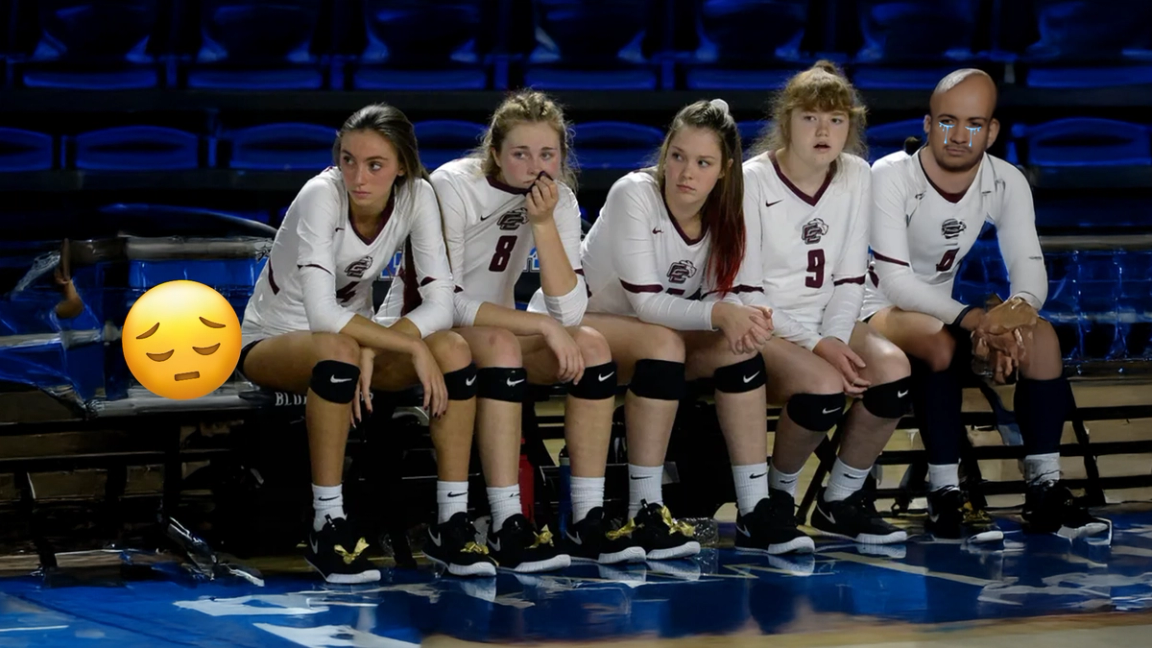
Why You’re Getting Subbed Out—and How to Stay on the Court

Matt Nikishin
•
4th August, 2025
The Frustration of Getting Benched
Picture this: your team’s in a tight match, momentum is swinging, and you just got pulled off the court. You're not tired, you're not injured—but you’re subbed out anyway. It stings, especially when it’s crunch time.
Getting benched at critical moments feels personal. But here's the thing: it's often not about how talented you are—it's about how trustworthy you are when it matters most.
It’s Not Always About Skill
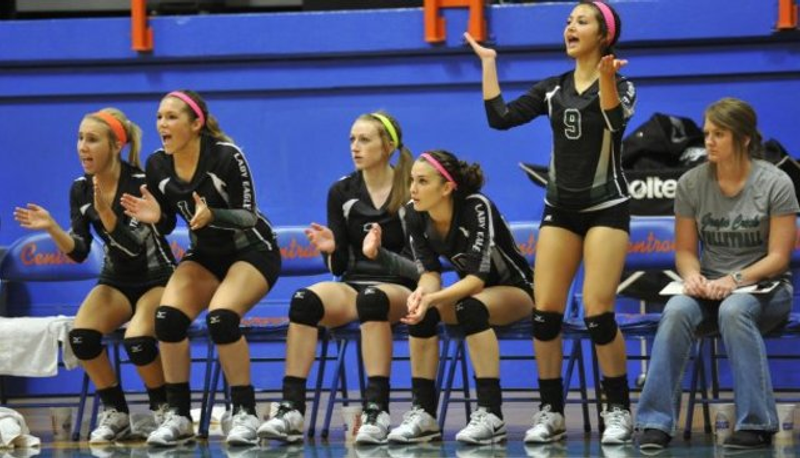
Many players assume the bench means they’re not “good enough.” That’s a myth. Plenty of skilled players get pulled during high-pressure moments. Why?
Because coaches don’t always sub out the weakest player—they sub out the most inconsistent one.
Your physical skills might be elite. But if your focus fades, your communication drops, or your decision-making becomes shaky under pressure, coaches can’t take that risk. In close games, reliability beats flair.
The Hidden Factors Coaches Consider
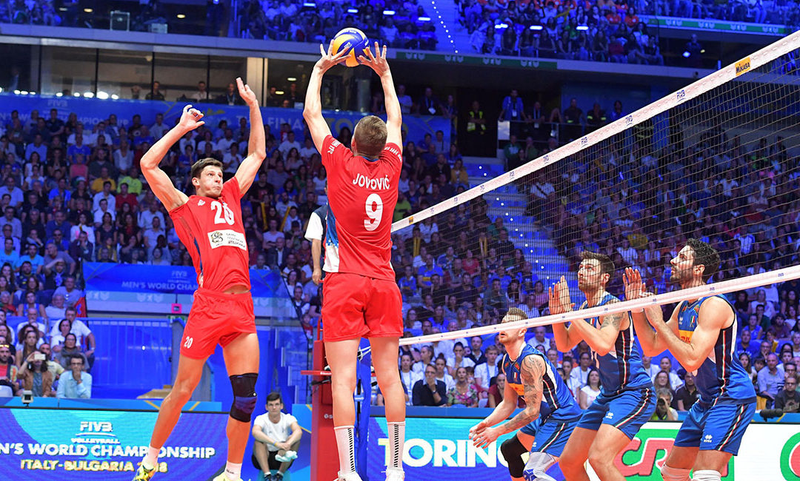
1. Emotional Stability
Players who stay emotionally steady—even after mistakes—are golden. If one error sends you into a slump, a coach might swap you out to keep team morale intact.
2. Communication
Players who talk through every play give confidence to their teammates and coaches. Silence = uncertainty. Coaches want clarity.
3. Game Awareness
Knowing where to be, when to rotate, and what the opposing team is doing builds trust. Smart positioning can outweigh power hitting in crunch time.
What Coaches Look For in Close Games
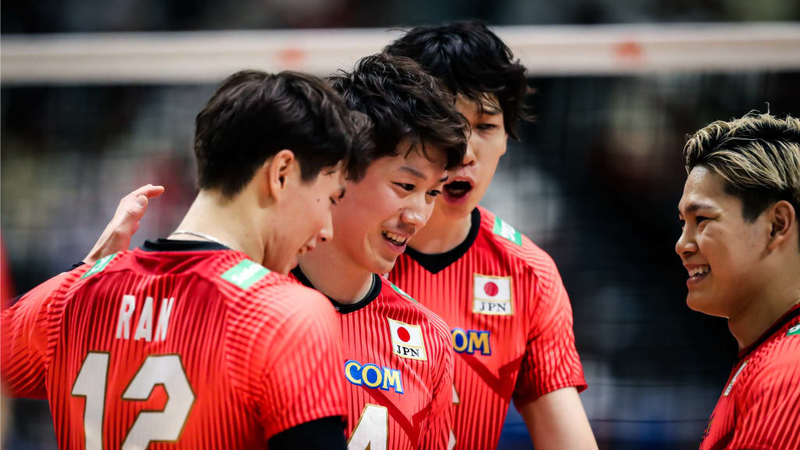
When the score is tight and every rally matters, coaches don’t gamble. They want:
- Calm, composed execution
- Players who make clean, simple plays
- Communicators who bring stability to the court
They’re not looking for the loudest player or the flashiest hitter—they’re looking for the most reliable presence.
3 Keys to Staying in the Game
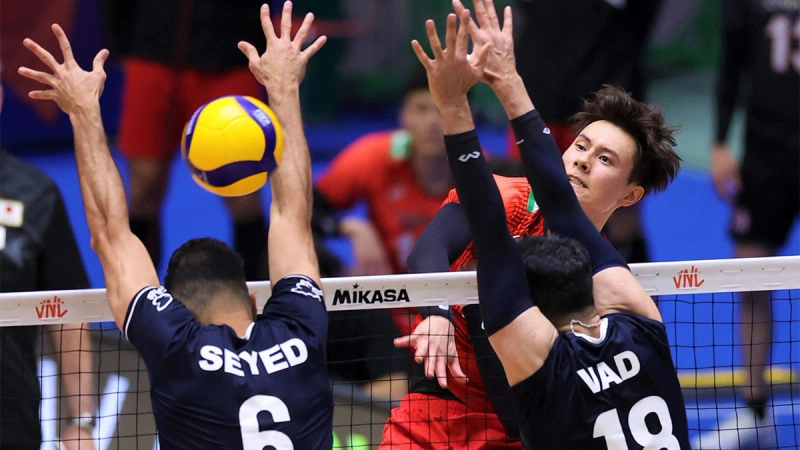
1. Stay Calm Under Pressure
Breathe. Reset. Recenter.
The most trusted players are those who don’t flinch when things get tough. Whether you just missed a serve or shanked a pass, bounce back instantly. Calm confidence shows you’re in control, not rattled.
Tip: Use self-talk like “next play” or “I got this.” Confidence is contagious.
2. Over-Communicate Every Play
Coaches trust players who make sure no one is guessing.
- Call for the ball clearly.
- Echo the setter’s call.
- Tell your teammates what you see across the net.
You don’t have to be loud—you just have to be clear and consistent.
Trust builds when your voice becomes a compass on the court.
3. Be Consistent—No Panic Plays
What kills coach trust? Going for the wild shot instead of a controlled one. Chasing a ball you have no chance to get and leaving your spot open.
Reliable players:
- Set the ball high instead of forcing a tight angle.
- Stay in system.
- Make the play that keeps the rally alive.
Consistency > Hero moments.
Developing Mental Toughness
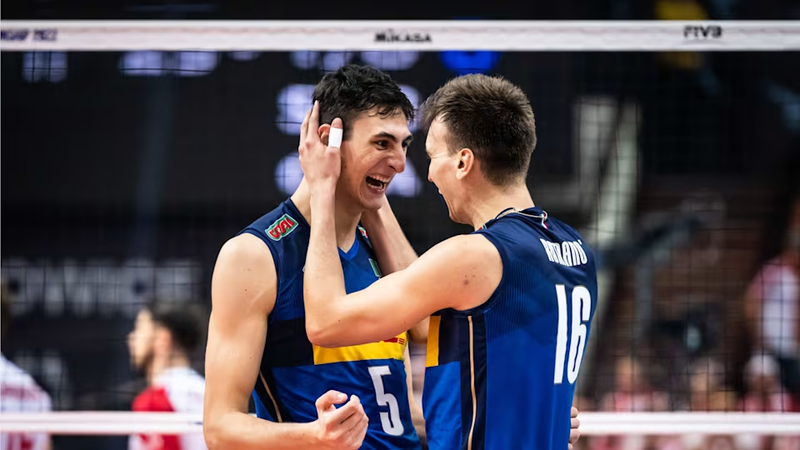
Mental toughness isn’t about never messing up—it’s about how quickly you recover. Volleyball is fast. Mistakes will happen. What matters is what you do next.
- Shake it off fast.
- Don’t dwell.
- Stay in the game, mentally and physically.
From Bench to Starter: A Coach’s Perspective
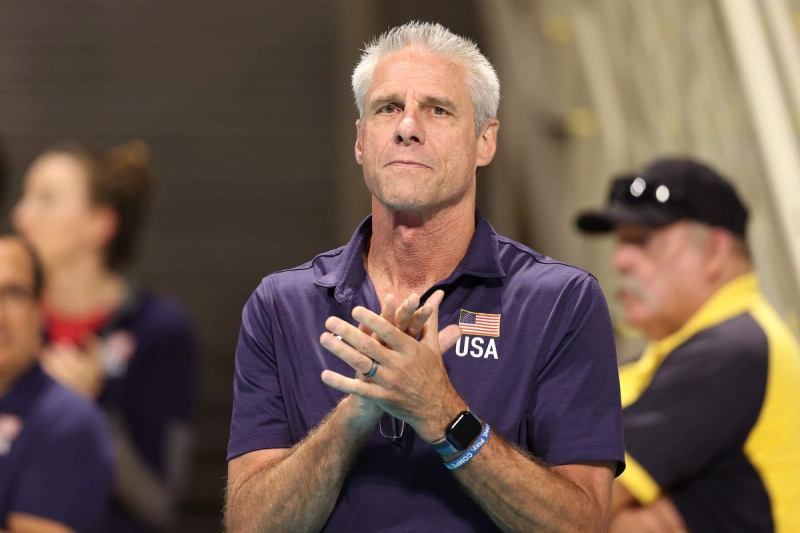
“We look for the kid who’s calm in chaos. That’s who stays in the game. Not always the best hitter, but the best presence.”
— Coach Jamie, Club Volleyball Director
“If I can count on a player to stabilize the team, they’ll be on the court during tight sets.”
— Coach Reilly, High School Head Coach
The Pre-Game Checklist to Earn Playing Time
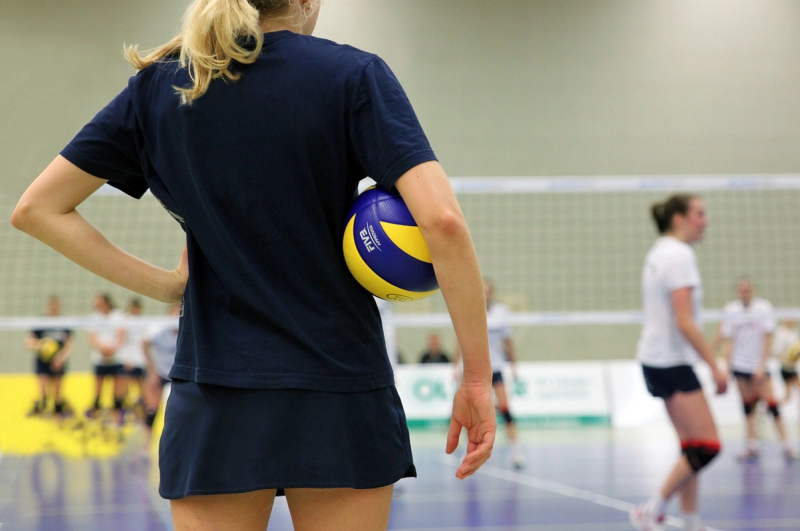
Want to stay on the court when it matters? Prepare like a pro:
Focused warm-up
Why it matters: Shows mental readiness
Locked-in eye contact
Why it matters: Builds coach confidence
Listening during timeout huddles
Why it matters: Signals full engagement
Supporting teammates
Why it matters: Reflects leadership
Asking questions pre-game
Why it matters: Shows you care about execution
How to Build Coach Trust
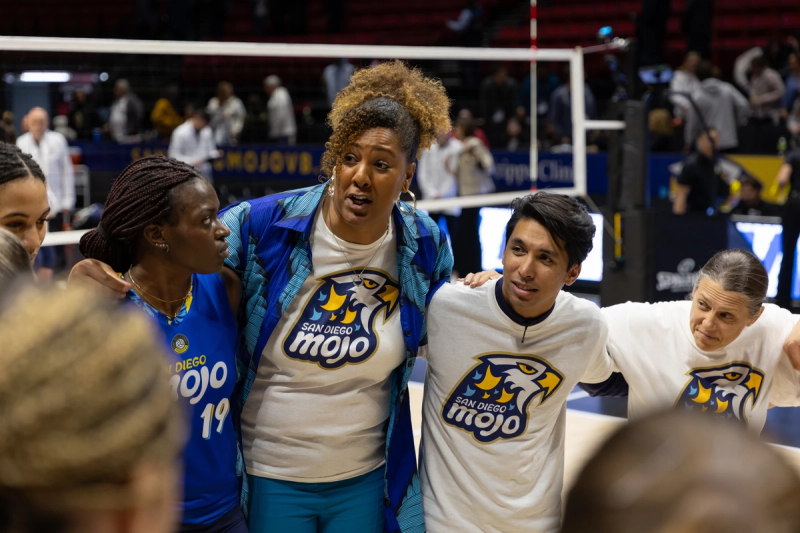
- Always be early.
- Never “check out” after being subbed.
- Hustle every drill in practice.
- Look your coach in the eye during feedback.
- Stay engaged even off the court.
Consistency builds trust. And trust earns minutes.
Frequently Asked Questions (FAQs)
1. Why do I keep getting pulled out in close games?
Usually due to inconsistent play, lack of communication, or visible stress responses—not necessarily skill level.
2. What’s the fastest way to become more reliable?
Master the basics, talk more on the court, and avoid risky plays under pressure.
3. Do coaches prefer aggressive or calm players in close sets?
Calm players who make smart choices win out. Controlled aggression is key.
4. How can I improve mental toughness?
Practice breathing techniques, build confidence through reps, and stay focused on the “next play.”
5. Will playing it safe make me seem weak?
No. Smart, steady play under pressure is seen as leadership, not fear.
6. What should I do after getting subbed out?
Stay positive. Show you're still engaged. Coaches notice your attitude just as much as your skills.
Conclusion + Action Plan
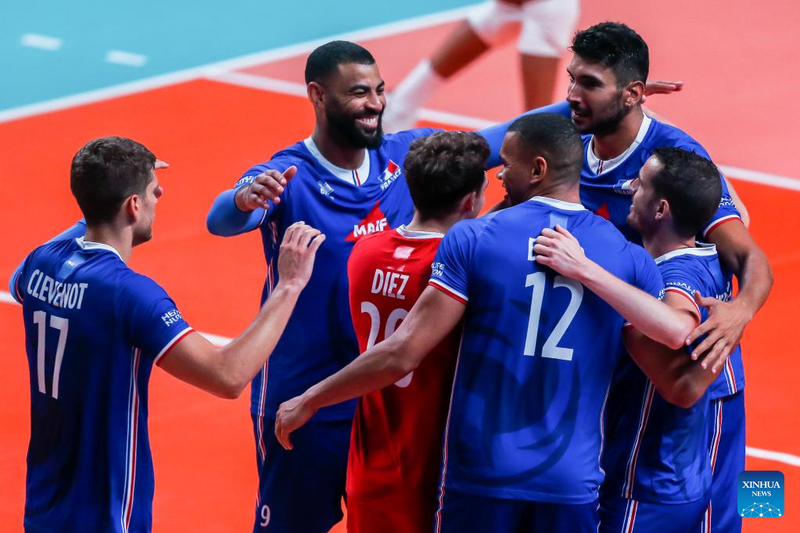
Getting subbed out isn’t the end of the story—it’s just feedback. Learn from it. Grow from it. Become the player coaches rely on when the match is on the line.
Be the glue, the voice, the stabilizer. When coaches know you won’t crack under pressure, you’ll be the first one they turn to—not the first one they bench.
⬇️Time to get off the bench⬇️
